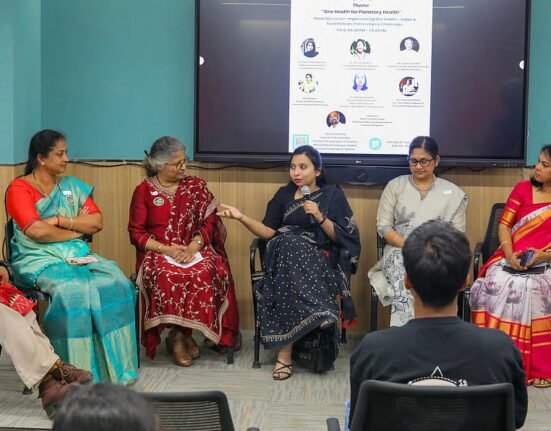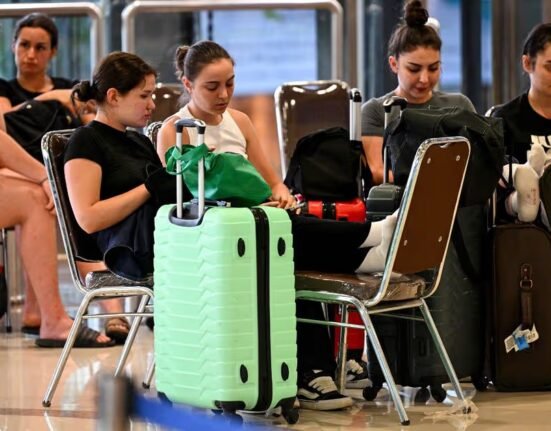The San Francisco Police Department showed off the latest successes of their drone program Monday with a presentation that included audience members from San Jose.
In one video clip, a suspect was seen breaking into a car as police watched live through a drone above, coordinating with officers on the ground to make an arrest.
“This drone deployed immediately to the area and quickly saw that this person was actually exiting this tradesmen entrance with a bicycle,” a San Francisco Police officer said, narrating the footage captured from a police drone. “And then went back in and actually comes out with a second bicycle.”
It is the next phase of the San Francisco police drone deployment. The department is dispatching the drones upon the very first reports of possible trouble, meaning police are often leading from the air.
“The drones are arriving before officers in many cases,” said SFPD Chief Bill Scott. “So there is no place in this city that Jon can’t get to within a couple minutes.”
“It’s about the Bay Area as a region and the fact that together we can make the entire Bay Area a lot more safer using technology,” added Mayor London Breed.
Breed credited voters with approving the expanded technology in San Francisco. She hosted San Jose Mayor Matt Mahan and members of the San Jose Police Department for a show-and-tell on the results so far. Both said new technology and new cooperation are necessary to respond to evolving problems.
“The reality is that these challenges are not contained within jurisdictional boundaries,” Mahan said. “They do not respect where city and county lines end.”
Privacy rights groups have raised a number of concerns about drones, including the sheer amount of data they collect. Advocates have also expressed concerns over the SFPD buying and using the drones illegally since the program was rolled out without official approval from the San Francisco Board of Supervisors.
“Drones and robots pose a multitude of privacy risks because they amass large amounts of personal data about identifiable people, including those engaging in constitutionally protected activity, even though they are not suspected of any crime,” said Josh Richman with the Electronic Frontier Foundation. “Some cities and states have responded by passing laws that limit government use of drones. Some require police to get a warrant in most circumstances, and limit police retention and disclosure of collected information. Unfortunately, most states lack such protections.”
Last month, the board passed a measure retroactively approving the drone program.
A couple weeks later, State Attorney General Rob Bonta sent a memo to all California law enforcement agencies, reminding them to follow a state law requiring them to get approval from local officials before implementing any so-called “military equipment,” which includes drones.







